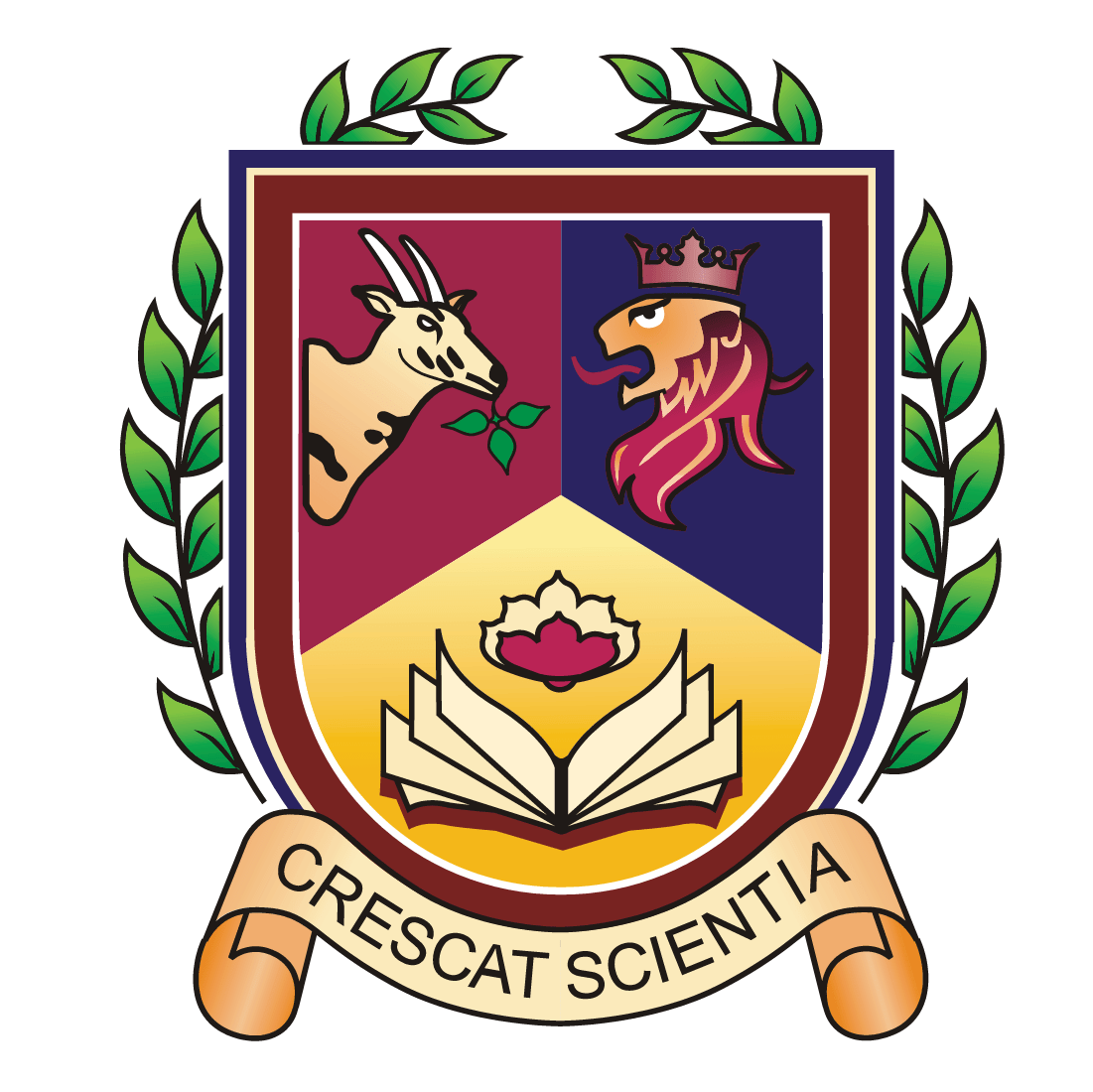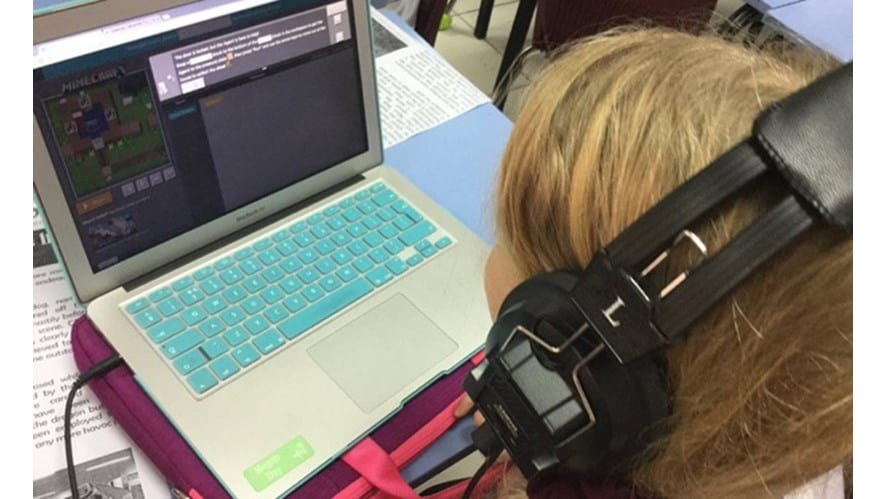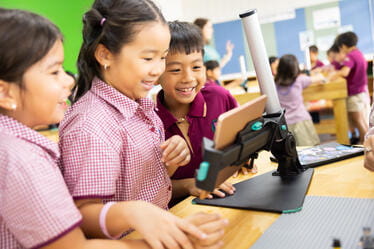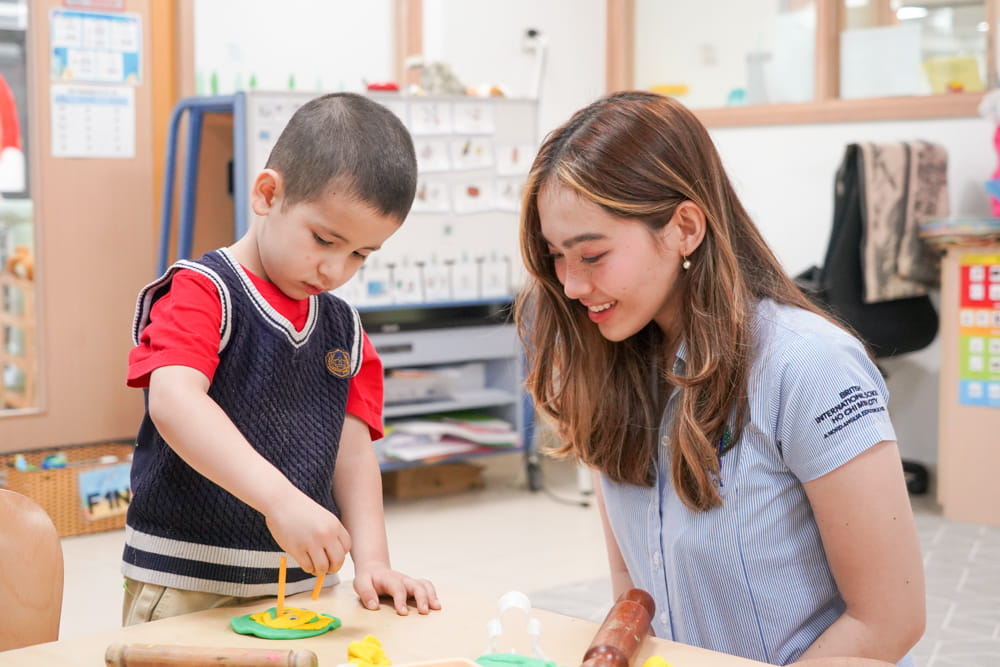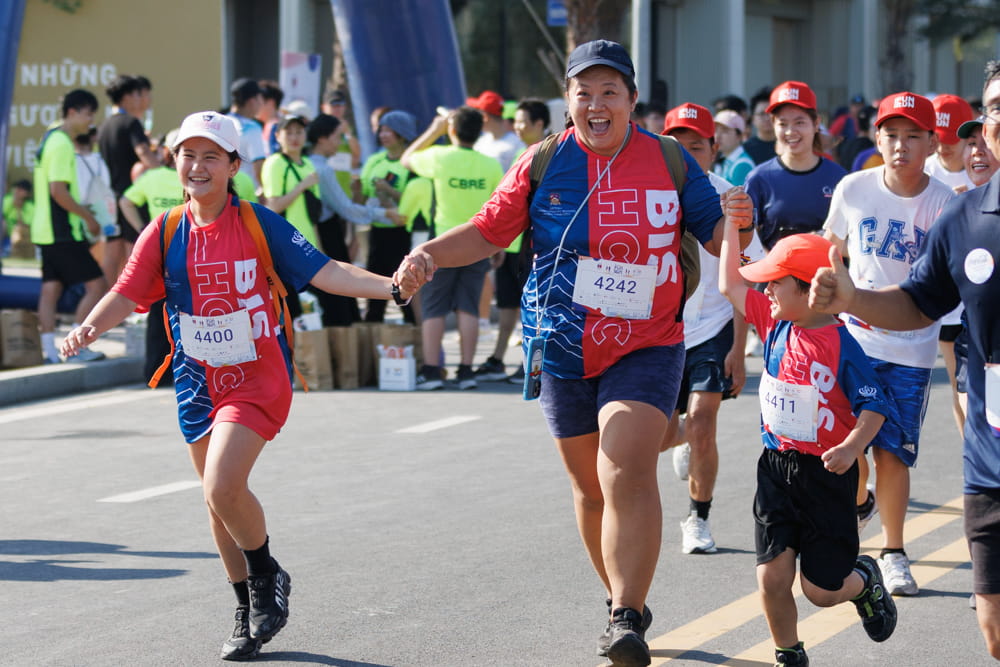Coding for the Future Coding makes up a large part of the Primary ICT curriculum and all students, from Year 1 to 6, work hard to create games, animations and programs with code. So when it is Computer Science Week and the annual hour of Code it is a given that we would celebrate our achievements and interests in the field of Computer Science.
Coding makes up a large part of the Primary ICT curriculum and all students, from Year 1 to 6, work hard to create games, animations and programs with code. So when it is Computer Science Week and the annual hour of Code it is a given that we would celebrate our achievements and interests in the field of Computer Science.
Computer Science is still relatively new, but its impact on our world, and the world we are moving into, is huge. Reports have stated that within the next 15 years over 700 million jobs will be replaced by robots; this may be a scary thought to an adult, but our students think it is ok as they will be the ones designing, coding, building and repairing the robots that are taking over the workforce.
The Hour of Code 2017
The Hour of Code began 4 years ago as an initiative to expose younger students to coding and computer science with the slogan of ‘An hour of Code for all students’. Now, four years later, over 500 million students have participated in the event and this year alone there are 150,000 schools across the globe participating. It has become a catalyst for changing the face of education and making sure that our students are exposed to the skills and mindset that they will need for the world that they will graduate into. Not all of our students will work in the field of computer science, but the skills that they develop while learning to code are transferable into all other learning areas and it gives them an understanding of the way that technology impacts our lives and the level of innovation that is needed to succeed in the future.
At BIS HCMC we already spend a large proportion of our curriculum learning how to code from Years 1 through 6 and this is continued when students move across the road to the Secondary campus. We know that through learning to code our students are learning skills that will be transferred to other subjects, such as logic and reasoning, problem solving, sequencing and computational thinking. With this week being International Computer Science Week and the global Hour of Code we are not taking the opportunity to introduce our students to coding, but celebrating the coding that we are already learning in new and fun ways.
Students have been building on their understanding this week and taking the opportunity to challenge themselves by learning different coding languages like Java Script and Python or create their own Google Doodles. Through using the Hour of Code website, students have had the opportunity to learn to code in their mother tongue, which reinforces the global impact of coding and removes the barrier of language.
Parent and Teacher Coding Workshops
After last year’s success we also repeated the staff and parent workshops where, using the Scratch program developed by MIT, class teachers and parents participated in a ‘Learn to Code like a Year 2 Student’. The response was amazing and the parents were amazed that this is what happens in the modern classroom. They experienced the challenges that their children face in a lesson and they also experienced the ‘Aha’ moments as their code took form and their computer game began to work based upon the code that they had written.
With so much happening it is easy to see that it has been a great celebration of coding across the primary school. We will continue to push the boundaries within the classroom with coding and look towards how we can make an impact on the future. As the children said, we need someone to design, build, code and repair those robots that will replace the workforce, so why not us.
To keep up-to-date with our DREAMS Lab, make sure to follow us on Twitter:
Luke Dyer, ICT & DT Lead - An Phu Primary
#NAEMIT #STEAM #DREAMS #HourOfCode2017


